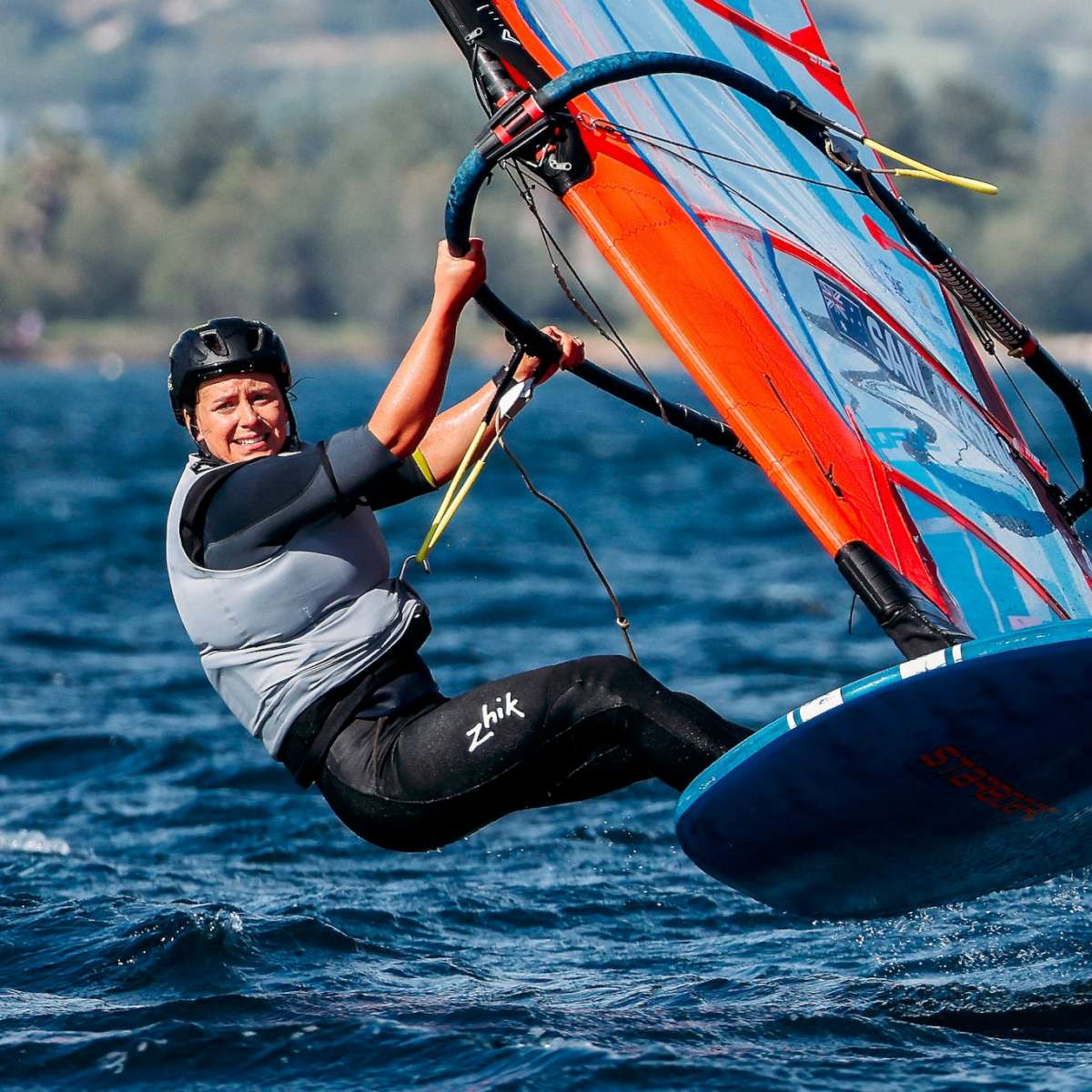One of the pinnacle events of the IRC rating system in the UK, will take place over June 10-12 from Cowes.
This year’s edition of the Royal Ocean Racing Club’s IRC National Championship will be its 24th and as usual will feature a mixed line-up of yachts from across the size and age spectrum, allowing the IRC rating system to create a level playing field between them.
World class PRO, double Olympic Finn sailor and Etchells World Champion Stuart Childerley will send the IRC fleets off on courses around the Solent with up to four races scheduled each day.

The fleet is divided into tightly banded classes according to their IRC rating to provide the closest possible racing for competitors between yachts of similar performance. The unique format of the IRC National Championship enables any yacht from across the fleet – big or small, old or new – whose crew sails the best, to be crowned IRC National Champion.
In addition to the regulars of the Solent IRC fleet, the RORC’s IRC National Championship represents the ultimate event to which competitors in the well-supported IRC regional events around the UK aspire. It is a great event to measure up to other competitors around the country and for developing crews to sharpen their skills in a friendly and competitive environment.
The three-day event also regularly attracts competitors from the opposite side of the English Channel: Géry Trentesaux’s IMX40 Courrier Nord claimed the top prize in 2002, the first foreign yacht to do so, while the syndicate-owned A-35 Dunkerque – Les Dunes de Flandres was joint winner in 2016.
But the nation to have prised the IRC Nationals trophy from British hands the most often has been Ireland: David Dywer’s Mills 39 marinerscove.it is only one of two teams ever to have won consecutive UK IRC National Championship titles when his team prevailed in both 2009 and 2010 (the first was Justin Slawson’s X-362 The Big Cheese over 2000-01).

In fact, Irish IRC yachts have won the UK IRC National title on four other occasions too: Colm Barrington’s Ker 39 Flying Glove in 2005; Tim Costello’s all-conquering Mills 40 Tiamat in 2006 and Conor and Denise Phelan’s Ker 37 Jump Juice two year later. The last Irish winner was Anthony O’Leary’s Antix in 2014, whose grey Ker 40 returns this year in the hands of former Commodore and Admiral of the RORC Andrew McIrvine as his latest La Réponse (following his successful First 40 of the same name).
“The IRC National Championship remains the most important inshore event for IRC-rated boats in the UK,” observes McIrvine, who has been a regular competitor at the event since it was first held. “The Solent of course is internationally recognised as one of the most complex and interesting places to race – so the combination remains very attractive.”
As usual the RORC is attempting to be inclusive, by encouraging female and youth participation in its championship. If an IRC Nationals crew includes at least two women or under 25-year-olds (or one of each), then two extra crew can be added to the maximum number of crew stated on their yacht’s IRC Certificate (with no weight restriction).
While the majority of IRC National Champions have been the latest and best race boats, this is not always the case. In 2017 it was the turn of the 1939 classic Whooper of leading racing yacht engineer Giovanni Belgrano to claim the title.
Since then, J/Boats have enjoyed considerable success. When the IRC Europeans temporarily replaced the IRC Nationals on the Solent in 2018, it was the J/112e of France’s Didier le Moal that came out on top.

Most recently the IRC National Champion title has been won twice by the J/122 campaigned by Stuart Sawyer’s Falmouth-based team, Black Dog – first in 2019 and then again in 2021. While Sawyer isn’t returning this year, his boat is, now renamed Bulldog and campaigned by the RORC’s Treasurer, Derek Shakespeare.
“The IRC Nationals is a very prestigious event and something a lot of very good teams strive to win,” maintains Shakespeare, who recently achieved his first success with his new-to-him yacht when she won IRC One in the RORC’s De Guingand Bowl.
Despite the provenance of Bulldog, Shakespeare is under no illusion of his prospects in two weeks: “I wouldn’t be as arrogant to assume that we are going to go and win the IRC Nationals with a newish team – we are not expecting to reach those heady heights straight out of the box. We have a nice mix of ages and experience on the boat. We are campaigning both inshore and offshore this year whereas I believe Stuart was more of an inshore specialist. For us the IRC Nationals will be an important measurement of our progress.”
For further information and Notice of Race, please go to: http://www.rorc.org/racing/race-documents
By James Boyd

























